Sen. Rand Paul (R-Ky.) said he will not be voting to repeal Obamacare if it’s tucked within a Republican budget that inflates the deficit.
Republicans, who hold 52 seats in the Senate, would need a simple majority to pass a budget resolution, introduced Tuesday by Senate Budget Committee Chairman Mike Enzi (R-Wyo.), that includes Obamcare repeal. An Obamacare replacement program would have to clear the 60-vote procedural threshold.
The vote on the budget resolution is expected next week.
Paul told MSNBC this morning that “everybody’s hot and heavy to vote on this budget because they want to repeal Obamacare, but the budget Republicans are going to introduce will add $8.8 trillion to the debt over the next 10 years.”
“And so I tell them look, I’m not gonna be part of that. I’m not voting for a budget that never balances and adds $8.8 trillion… What I’ve told them is, look, I am opposed to Obamacare and I understand the need and the desire and I’m for repealing it, but I won’t vote for a terrible budget just to repeal Obamacare,” he said. “If I have to weigh the two problems, I actually think the debt is a more important problem than Obamacare.”
“As bad as Obamacare is, a $20 trillion debt and now a Republican budget that will add $8.8 trillion to that, it’s unexcusable.”
Paul said the majority of his home-state constituents who got health coverage received it “through the expansion of Medicaid and not really through the subsidized market.”
“My concern with repeal is they’re going to repeal the individual mandate and that top heaviness with sick people buying insurance at the last minute and healthy people not will get worse already — like North Carolina Blue Cross lost $400 million in 2016,” the senator explained. “My concern is that spirals out of control if we keep the feel-good parts of Obamacare but we get rid of the individual mandate, so I’m very concerned about how this thing unravels.”
“I do think there are some things we should consider, though. The biggest problem in the old system, as a physician, that I saw was that we linked insurance to employment, and so what happens is when you link it to employment, if I am a self-employed person of one in my business, I have no leverage and I’m a pool of one and so my insurance goes through the roof if I get sick,” he continued. “What we really need is to get insurance de-linked from employment and allow me, if I’m an individual employer, a business of one, you need to let me pool together easily with large groups, so I’m a pool of thousands if not millions of people, so I don’t get this problem of jacking up my rates when I get sick.”
Paul stressed it’s “imperative that Republicans do a replacement simultaneous to repeal.”
“If they don’t, Obamacare continues to unravel, and there are many healthcare analysts and experts who are predicting bankruptcy for insurance companies and a massive insurance company bailout within the first six months of repeal,” he added, emphasizing again “it’s a huge mistake for Republicans if they do not vote for replacement on the same day as we vote for repeal.”
Paul, who is an ophthalmologist, said people must “understand the healthcare problem is an economic one — it’s not some wonky healthcare problem that’s unique just to healthcare, it’s basic economics.”

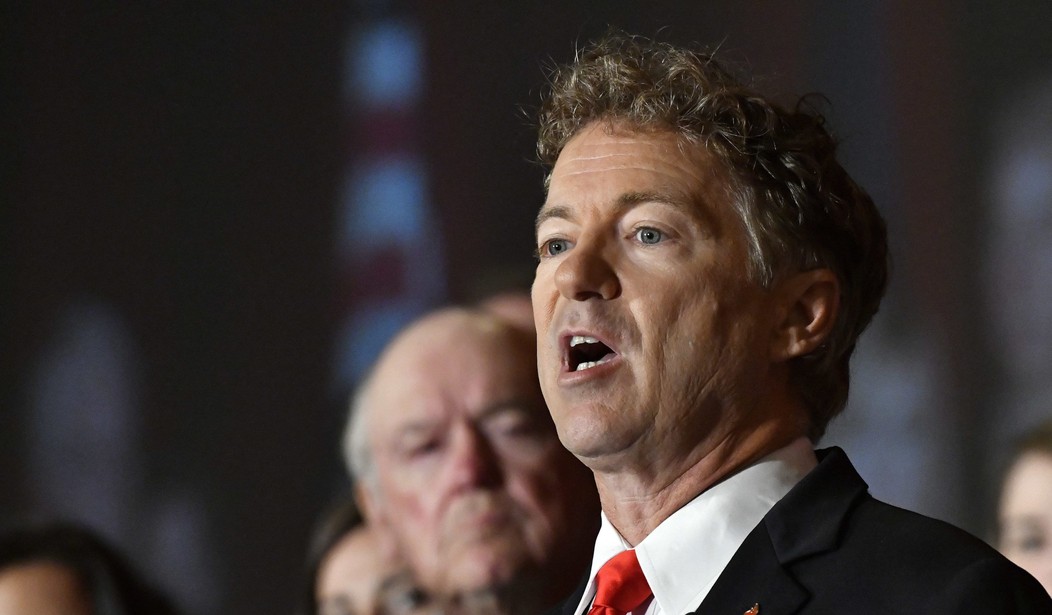
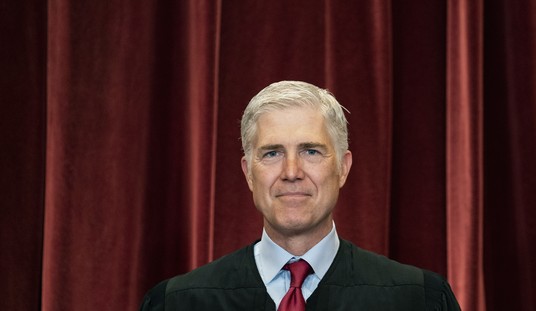
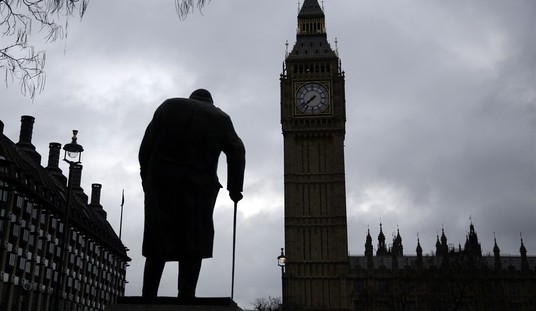
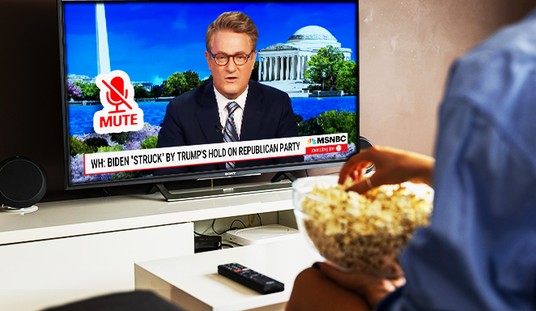
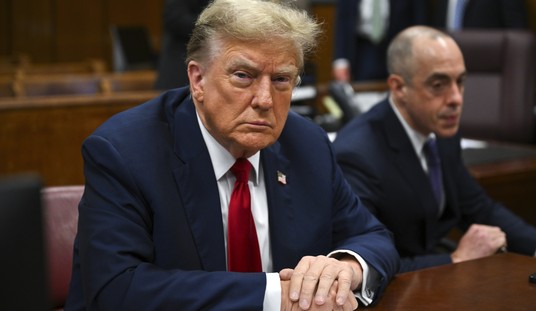

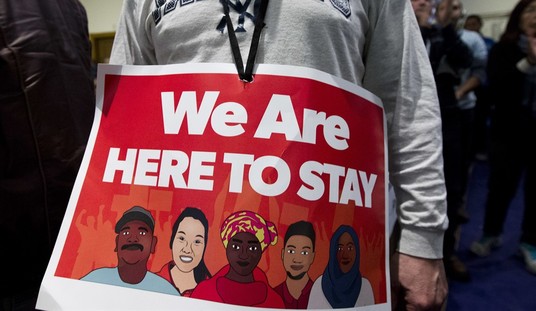
Join the conversation as a VIP Member